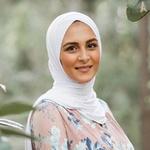In Her Own Words – A Breast Cancer Survivor Talks Faith & What Kind of Support is Truly Helpful
Lifestyle
|
Oct 26, 2023
|
7 MIN READ
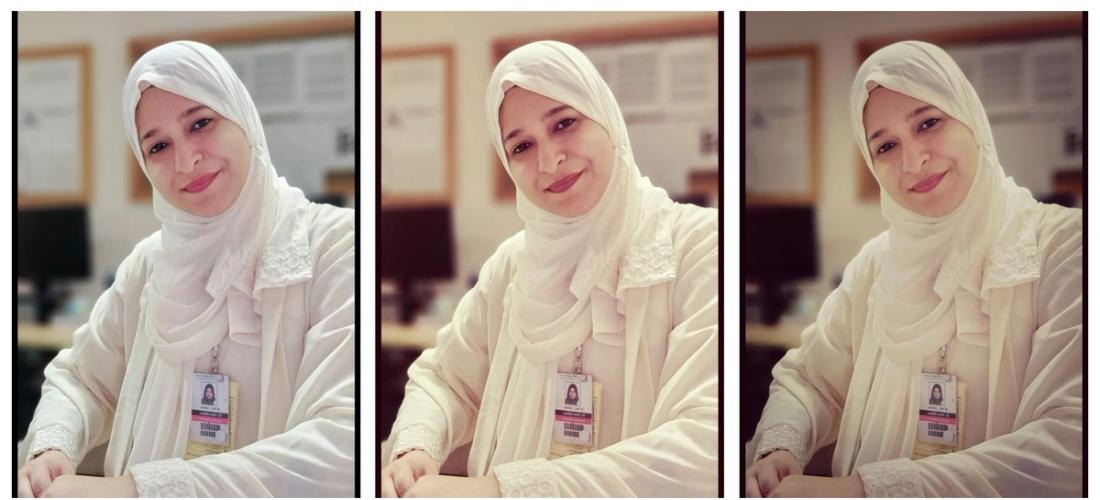
Hina Al Ain
When we hear about loved ones who are diagnosed with illness or going through hardship, we may not be sure how to lend a helping hand. Sometimes our loved ones who need support and/or help may not know how to articulate asking. As we near the end of Breast Cancer Awareness month and as someone who has had personal experience with loved ones who were diagnosed, I wanted to explore how we can all provide the kind of support our loved ones may need, which will differ from person to person.
I had the pleasure of speaking with breast cancer survivor Hina Al Ain about how creating a strong support system is essential in helping streamline processes at home with the family as well as maintain a sense of normalcy in the midst of the hardships of navigating the illness and all that entails.
For anyone who is going through breast cancer, or knows someone who is, I hope Hina’s experience can provide some relief and comfort. For those who are in a position to help and want to be there for their loved one, Hina’s story highlights some key ways in which help can be offered.
In her own words, this is Hina’s story.
Life Before Cancer
I found out about my diagnosis when I was 33 years old. At the time I was one year away from finishing my residency to become a consultant neurologist. I have two daughters, and [when I was diagnosed] my youngest was one year old.
Being on the medial side of the spectrum was hard. I have worked with cancer patients and as a medical professional, I know what the worst case scenario is, how bad the diagnosis can be, and all that it entails in terms of treatment and side effects. Hope, faith and acceptance of Allah’s (S) divine decree – qadar – is what pulled me through. Alhamdulillah, I’m reaching my 10-year [mark] post diagnosis in July.
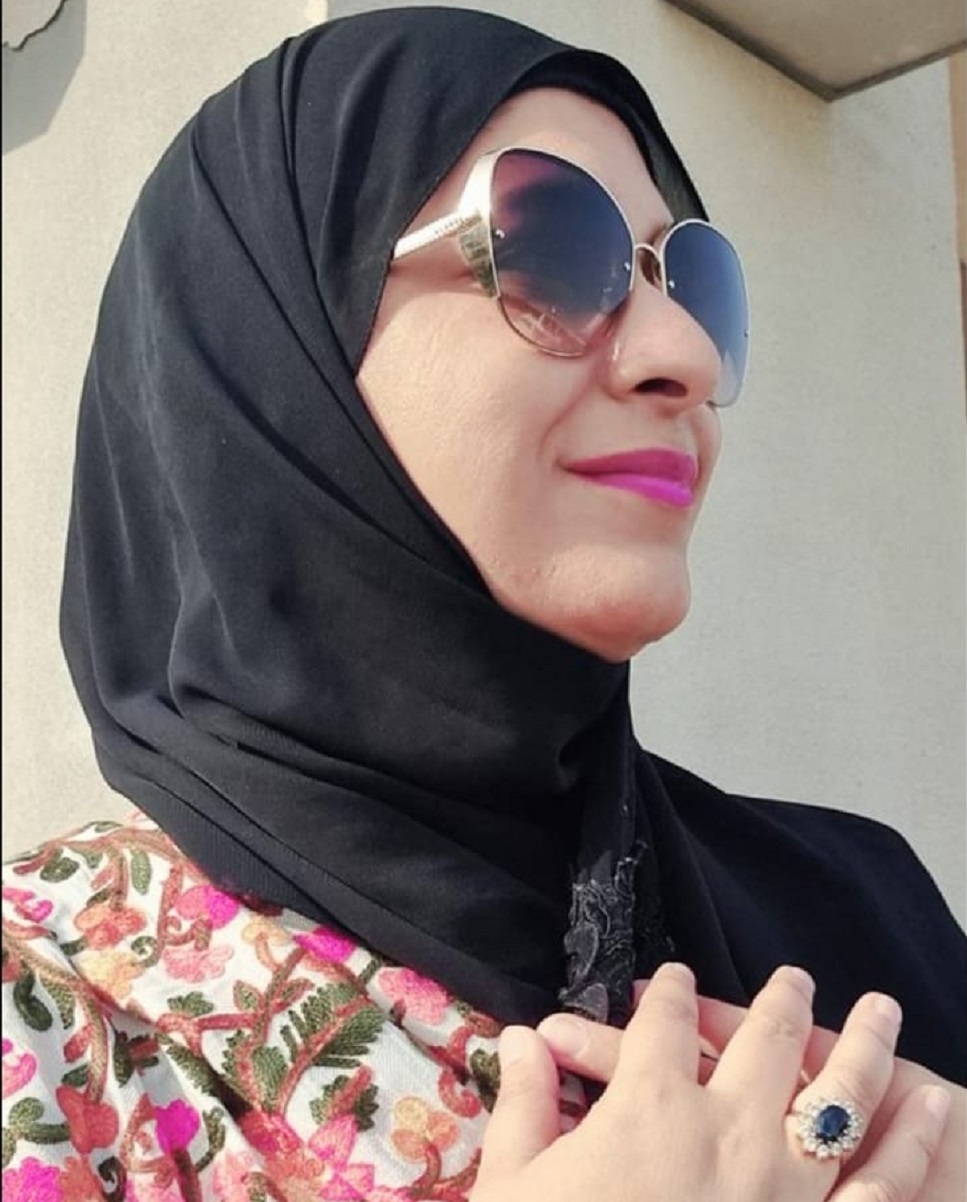
Hina Al Ain
When I got diagnosed, I was in my own clinic. I had mentioned to a colleague that I’m feeling discomfort in my breast, and she helped me arrange an appointment to get seen immediately. Until that point in my life, I hadn’t had many tests in my life. I was thriving in my career, and I thought my life was perfect. I was almost done with my medical training, had started my family, and was reaching the top of my career.
I was getting by as a practicing Muslim and did the basics, such as my salah and prayer, but did not put much effort in extra worship. And at the time, I was not wearing the hijab or dressing modestly (in my opinion). After receiving my diagnosis, I went home that day, and opened my Quran, and the first ayah I read was, “We will certainly test you with a touch of fear and famine and loss of property, life, and crops. Give good news to those who patiently endure.” [2:155]
Forming a Support Group
At the time of my diagnosis and treatment I was living in the UK. Most of my colleagues and friends were mainly non Muslim. They became my second family and replaced a lot of roles that my immediate family wasn’t present to fill. I had huge support from work, it's important to have a good support circle, whether that’s family, friends or coworkers.
They helped me with childcare as well as pick up and drop off from my therapies. They arranged playdates for my girls and helped distract them, especially when they were sick and I was not able to interact with my own children due to my compromised immune system. That is the hardest part of it all, having your one year old on the other side of the bedroom door while you both are crying, not able to comfort each other.
I am very fortunate to have had the help that I did and feel like I am forever indebted to [my friends]. I really felt the humanity from the people I saw around me. It didn’t matter what my religion was or my background, everyone was hands on and ready to help me and my family maintain some type of normalcy and routine in order for our lives to move on.
Unfortunately sometimes our own communities can feel judgmental. They have good intentions but don't know how to express their emotions or feelings properly. These tests happen from Allah (S) in order to test our iman and faith in Him, we know this from the Quran.
How to Offer a Helping Hand
As someone who wants to show support, my biggest advice is to be sensitive and aware of the patient’s privacy, boundaries and what they are willing to share. Some people want to be more private about their diagnosis and life with cancer while others want to share and receive help. It depends from person-to-person, and you should be mindful of how comfortable someone is.
It is important for the person undergoing treatment to set up personal boundaries in order to protect themselves. Their bodies are going through drastic changes, and there is a huge mental and physical load. It can be overwhelming to keep everyone updated on how you are doing as a patient, so please [take] the time and space [you need].
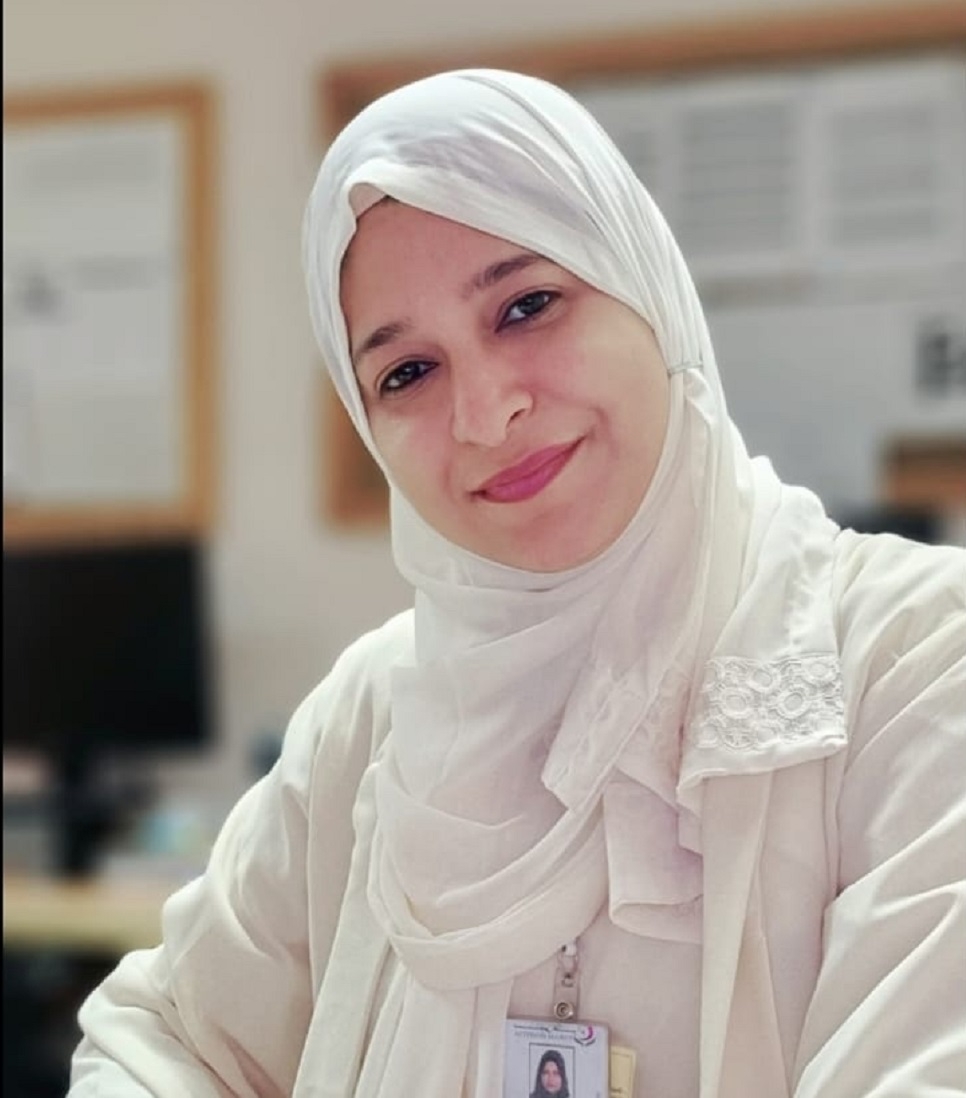
Hina Al Ain
If you get the sense that your family or friend going through cancer treatment is receptive to help, there are so many ways [to do so] I was offered [the kind of] help that made my life easier. Sometimes it is as simple as taking care of the rest of the family.
It was a huge relief when I knew my daughters and husband were being taken care of. Whether that is making homemade meals for the family, taking the kids off the parents hands for play dates, picking them up from lessons and school, offering to send laundry to the dry cleaner or doing it yourself, [it’s about] anything you can think of around the house that the mother or father simply don’t have the time or capacity to do anymore during this time of treatment.
My life was not okay, but I was reassured to know that my children’s lives were semi-normal and were able to move on with the help of my friends and support around me. I am most grateful for my family care that was done by my support group.
Spiritual Renewal and Support
This is when I became a practicing Muslim. Prior to my cancer journey, I was going about my life thinking it will always be perfect. I realized Allah’s (S) existence by the failures of my own plans. After receiving my diagnosis I started to search for Quran translation institutes in order to ground myself in my faith and go back to the words of Allah (S) with better understanding and meaning.
I found Mizan Institute. There was something about the weekly Quran classes that was therapeutic. I took this as a sign that Allah (S) tested me with this illness as a means for me to go back to Him – to refocus my priorities and my life. Sometimes we read the Quran, but we don’t understand the meaning. Every week of my treatment, when I was broken, an ayah would stand out to me that would catch my eye, and it would reflect my situation and soothe me.
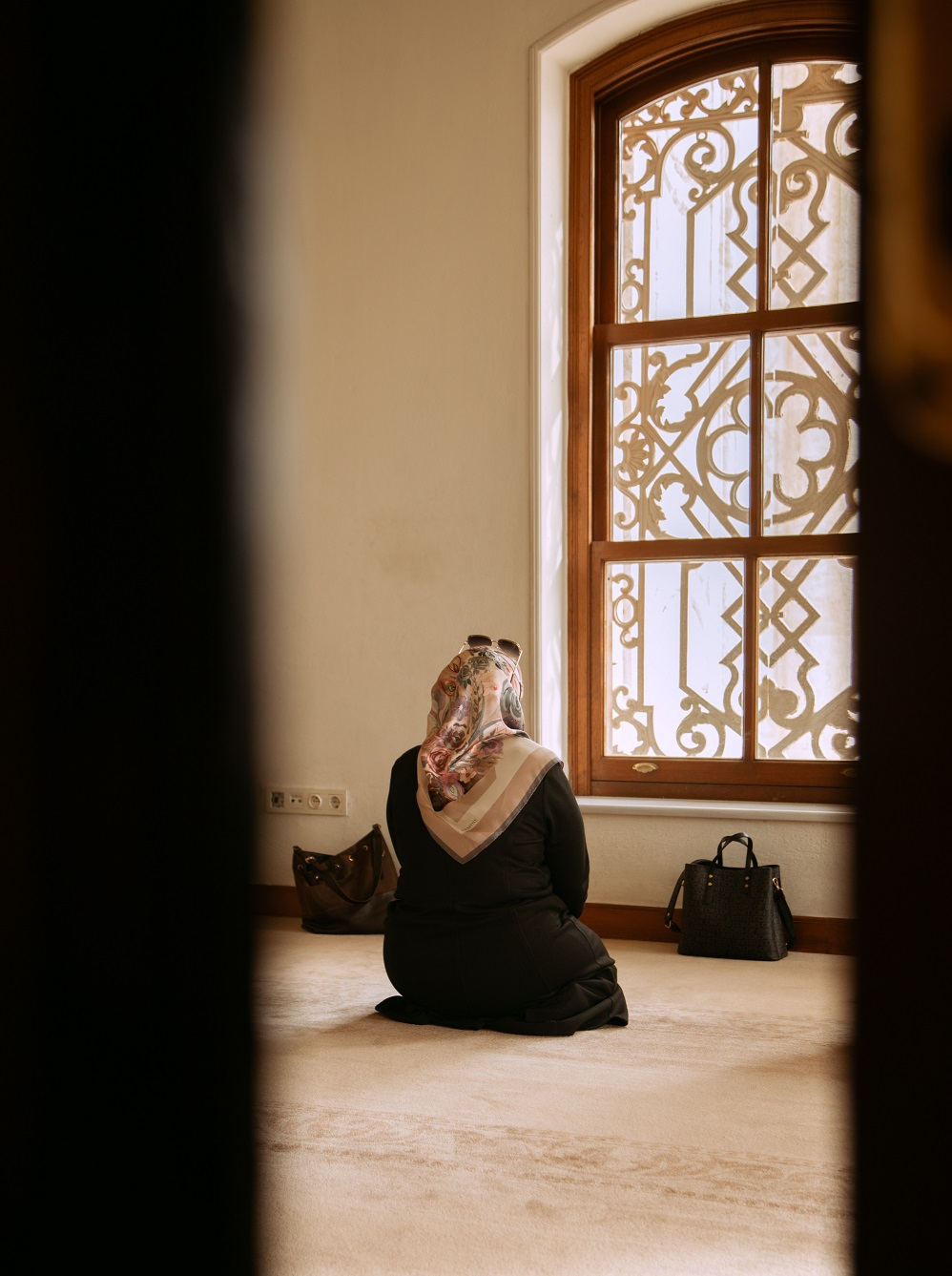
Image source: Pexels
After my treatments were over and my hair started to come back, I made the decision to wear the hijab. I had been wearing a head covering throughout my treatment when I lost my hair, but something in me didn’t want to remove it. My non-Muslim colleagues asked me when I would take off my headscarf, they were surprised to hear that I was keeping it on, and I explained to them the role of hijab in Islam and how it is part of who I am now.
Death doesn't differentiate people by age. The more you run after dunya, this world, the more tired you will be. Allah (S) wanted me to pause and think about something else. I think if I didn’t go through this experience, I wouldn’t have discovered myself spiritually the way I am now. I maybe wouldn’t have made the time or effort to look into Mizan and understand the Quran on a deeper level, wear the hijab or choose to dress modestly.
In my circle of friends, everyone around me got affected and it was a warning to all of us. I now have a cohort of friends who are now hijabi, and we all attend Quran classes together. It was like a domino effect. Although I had to go through the worst of the medical journeys in order to get to this point, ten years down the line I remind myself that this life is temporary.
I look at this experience not as a punishment but rather a test. Would I go back to Allah (S) or become disappointed and start asking why me? Not for a single minute. The first [verse of the Quran that]I read after my diagnosis was telling me “We will test you…” This is a test, it is undeniable. I need to do what Allah (S) has set for me. When He wants us to reach certain points, He opens the path and shows us the light. And, it’s up to us how we choose to go about that path.
The best thing that has happened to me in life is the light that came after the cancer. It changed me internally and not just physically. I don’t need to run after dunya. It is temporary, and I’m just happy and grateful I have more time to spend with my family and serve my community. I am living my best life after my diagnosis.
Subscribe to be the first to know about new product releases, styling ideas and more.
What products are you interested in?

